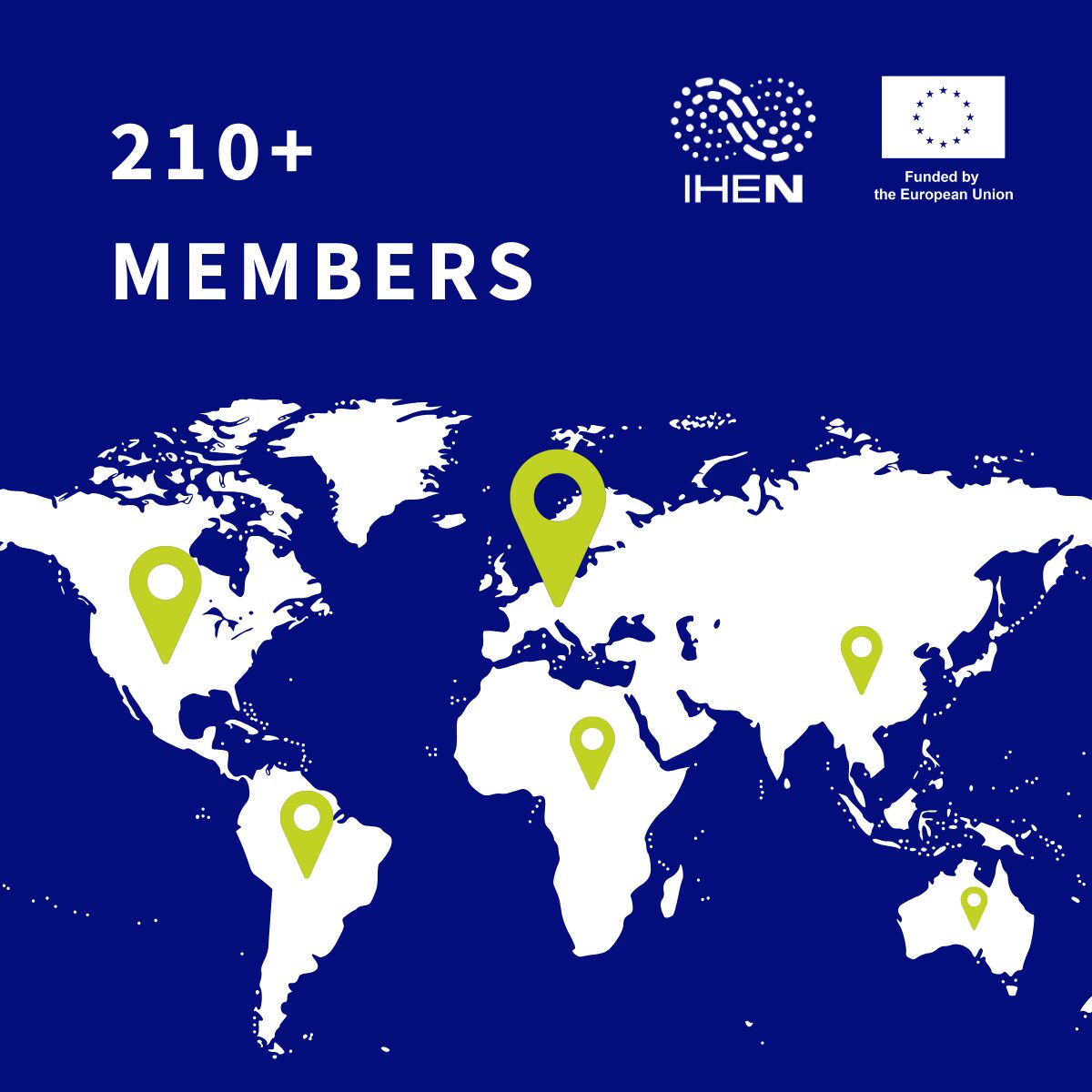IHEN: Bringing the exposome community together
The International Human Exposome Network (IHEN) brings together researchers, policymakers, and independent experts to improve research and collaboration on the exposome worldwide. Launched in 2024, the network is made up of more than 210 members from across the globe and is open to anyone interested in exposome research.
Building on the legacy of the European Human Exposome Network
The new international network builds partly on the European Human Exposome Network (EHEN), an umbrella network of nine research projects funded by the European Union’s framework programme for research and innovation (Horizon 2020), which LongITools is part of.
EHEN launched in 2020 to study the impact of environmental exposures on human health and will run until June 2025. The network addresses issues such as exposure to air quality, noise, chemicals and urbanisation, with each project tackling different elements of exposome research.
Why do we need IHEN?
In the past decade, more researchers have been taking a holistic approach when studying how the environment contributes to health and disease development. By building a worldwide network, the EU-funded IHEN project will develop a roadmap for future exposome research, provide tools and training opportunities and increase the impact of future studies in this field. The IHEN project will gather input from researchers, policymakers, and other experts to understand their needs and identify gaps in current exposome research, thus enabling the development of the roadmap.

Interested in joining the network? Follow this link.
As a network member, you get the opportunity to:
- Engage with experts at the yearly IHEN summit and help develop the IHEN network, toolbox, and roadmap.
- Contribute your insights through IHEN surveys and shape the future of exposome research.
- Stay at the forefront of exposome science with regular updates from the IHEN project, its research activities, and resources.
To read the final EHEN newsletter, which features this article, please visit the EHEN website.